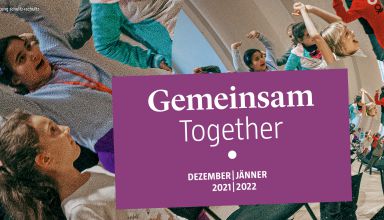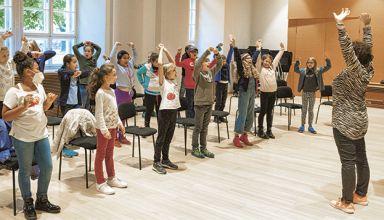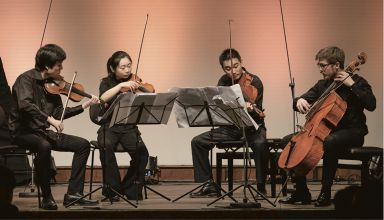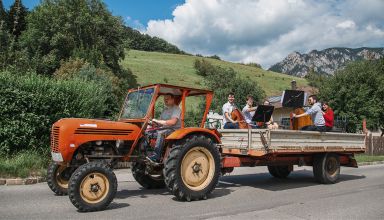Special: Together
After eighteen months of more alone-time than usual, including some long periods of purely digital contact with others, more than a few of us have ended up with a new take on how we feel about community and the presence of others.







